Keywords: Irish In Australia
There are more than 200 results, only the first 200 are displayed here.
-
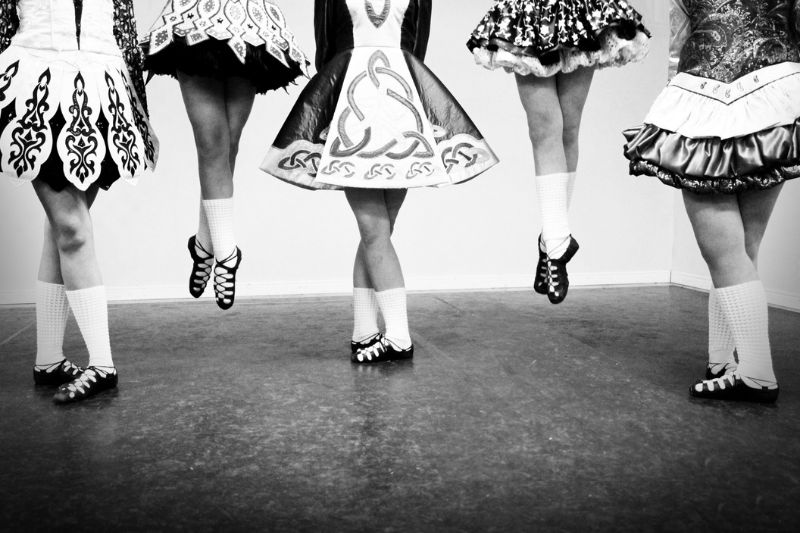
AUSTRALIA
- Sheila Ngoc Pham
- 14 March 2024
1 Comment
Watching your child perform and be judged is a sure way to make you feel ‘all the feels’. Yet this is what happens every month throughout Australia at feis — Irish dancing competitions. Welcome to the world of competitive Irish dancing, which reaches peak visibility around this time of year because of St Patrick’s Day.
READ MORE
-

INTERNATIONAL
- Gerard Windsor
- 16 February 2024
1 Comment
Casamari, my destination for the night, was fifteen kilometres more walking. The signs pointed off the road, but I must have missed one. By this time, I had wandered too far to simply retrace my steps. I was lost. To be on this walk is to convince you that Italy is composed entirely of mountains.
READ MORE 
-
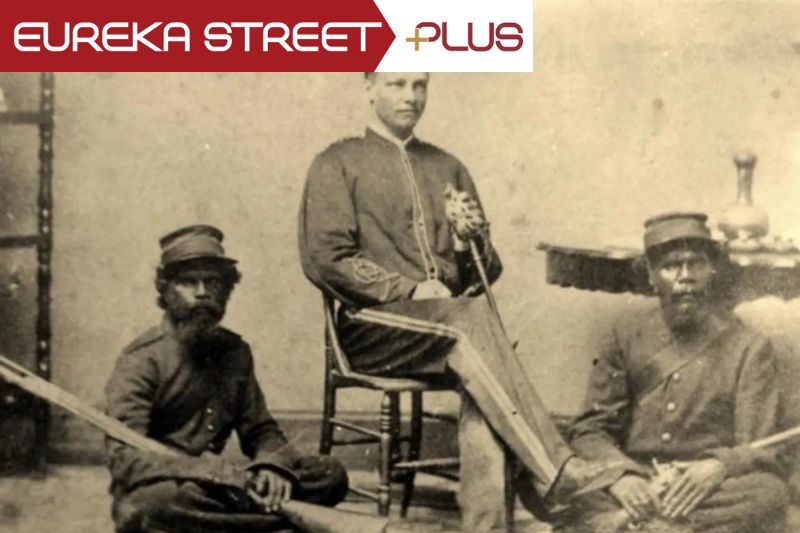
ARTS AND CULTURE
- Peter Craven
- 20 October 2023
3 Comments
In Killing for Country, David Marr confronts Australia's dark colonial past, revealing unsettling truths about the Australian Native Police's brutal acts. Published during the Voice referendum, Marr intertwines personal ancestry with national guilt, urging Australians towards truth-telling and reconciliation. This isn't just history; it's a call for atonement.
READ MORE 
-

ARTS AND CULTURE
- Barry Gittins
- 14 July 2023
2 Comments
Kate Holden’s The Winter Road is a ranging meditation on a 2014 execution-style murder committed on a dirt track in Croppa Creek, in northwest NSW. Barry Gittins speaks to Kate Holden about her prize-winning account of the crime, reminding readers of the uneasy history of predation in this country and the damage it does to the land and to the people on it.
READ MORE 
-

ARTS AND CULTURE
- Gillian Bouras
- 07 July 2023
1 Comment
Comparing perspectives from different generations of Irish writers, Fintan O'Toole explores the weight of Ireland's 'lovely past', its unaddressed traumas, and their impact on the present. Addressing themes of change, politics, and religion, his narrative offers an unflinching exploration of the Emerald Isle's history.
READ MORE 
-

AUSTRALIA
- Michael McVeigh
- 04 July 2023
1 Comment
In a world quick to label 'woke' as groupthink gone wild, can we instead redefine it as a deepened awareness of our collective history that subtly weaves itself into our language and daily life? As we examine our society's fraught past through the lens of language can we navigate these nuanced conversations constructively?
READ MORE 
-

ARTS AND CULTURE
- Paul Mitchell
- 23 June 2023
1 Comment
Renowned author and academic Tony Birch is known for his insightful and compelling narrative explorations into societal issues like marginalisation, Aboriginal identity and racial struggles. In conversation with Paul Mitchell, Birch discusses his work, the unique intersection of academia and creative writing, and the profound impact of historical dispossession.
READ MORE 
-
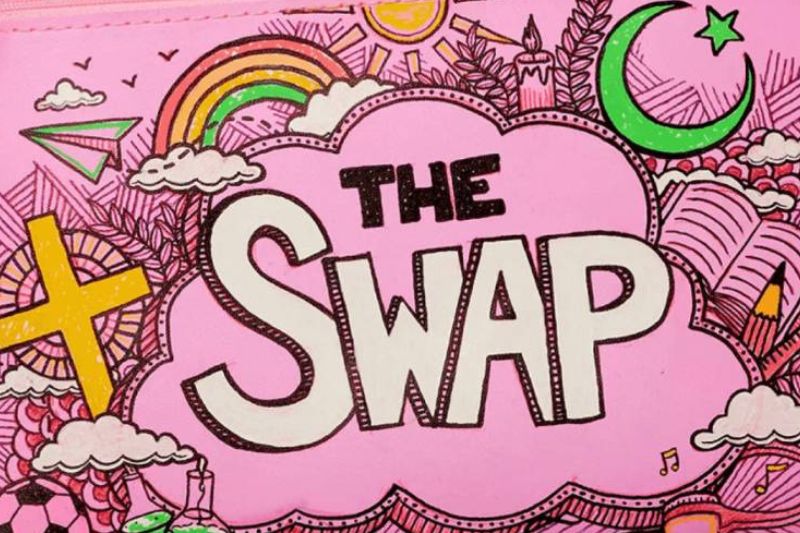
ARTS AND CULTURE
- John D’Arcy May
- 08 June 2023
3 Comments
The Swap unfolds as a captivating documentary series and a remarkable ecumenical experiment. With Muslim, Catholic, and state school students at its center, the series illuminates the transformative power of acceptance and understanding through the lens of interfaith dialogue, leading the viewer to wonder: how might interfaith dialogue better shape our collective journey?
READ MORE
-
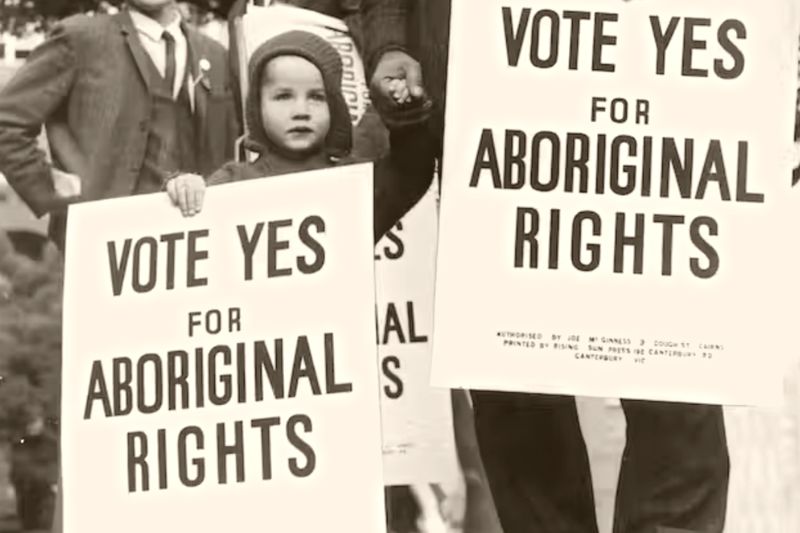
AUSTRALIA
- Frank Brennan
- 05 June 2023
19 Comments
The wording of the proposed change to the Australian Constitution to enshrine a First Nations Voice might not be perfect. But whatever the imperfections and the risk of future complications, it is high time that Australia’s First Peoples were recognised in the Constitution in a manner sought and approved by a broad cross-section of Indigenous leaders.
READ MORE
-
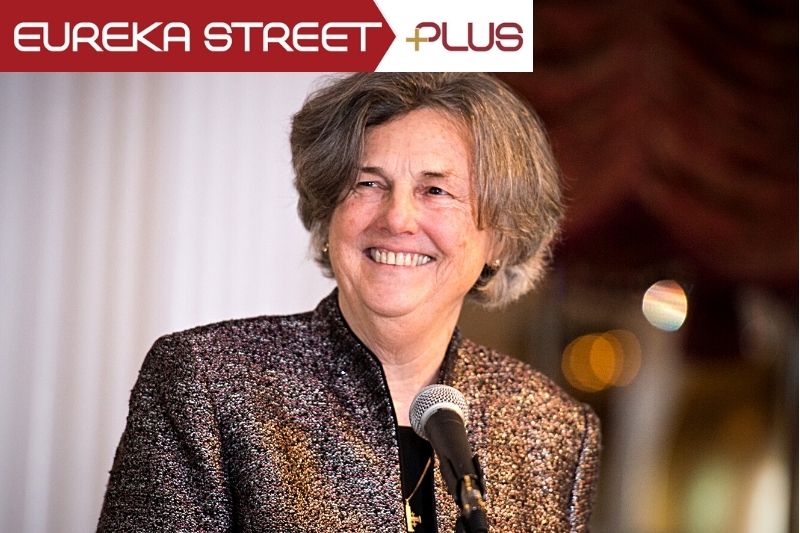
RELIGION
- Michele Frankeni
- 26 May 2023
3 Comments
In a discussion with Michele Frankeni, Catholic scholar Dr Phyllis Zagano explores the question of whether there is a need for increased recognition of women in the Catholic Church, particularly regarding their potential in the diaconate. She investigates both the historical evidence for ordained female deacons and the modern arguments for their re-introduction.
READ MORE 
-

ARTS AND CULTURE
They knew secret restaurants where / You had to knock at a little door with a hatch. And they rose each day at six sharp to train / Before striding into glass towers, And one of them, she said, had read Proust / And told her it was ‘great’, Only he (or she) / Pronounced it ‘Prowst’ like Faust / And all his envy turned to air.
READ MORE
-

AUSTRALIA
- Michael McVeigh
- 05 May 2023
1 Comment
Recent books Statements from the Soul and An Indigenous Voice to Parliament explore different perspectives on the Uluru Statement, including the relationship between the land and Indigenous people and the legal impact of the proposed constitutional change, while demonstrating the need to appeal to hearts and minds in rallying support for an Indigenous Voice.
READ MORE 